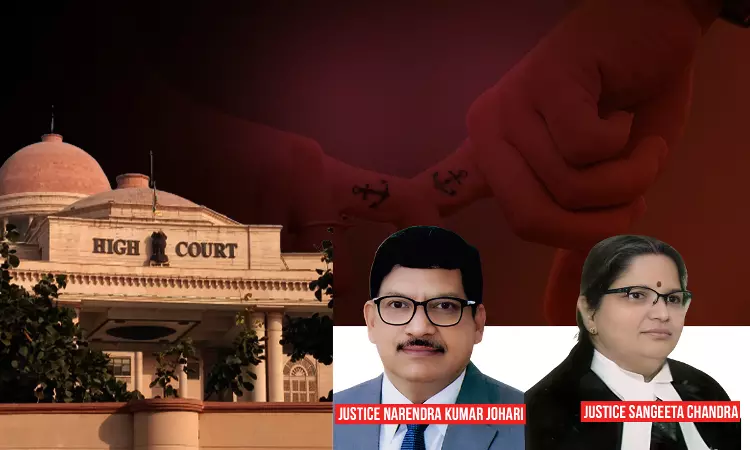'SC's Views On 'Live-In' Matters Can't Be Considered To Promote Such Relations': Allahabad HC Rejects Interfaith Live-In Couple's Protection Plea
Sparsh Upadhyay
23 Jun 2023 10:01 PM IST

Next Story
23 Jun 2023 10:01 PM IST
While dismissing a plea filed by an interfaith live-in couple seeking protection against alleged harassment at the hands of the police, the Allahabad High Court recently observed that the views expressed by the Supreme Court pertaining to 'live-in' relationships "cannot be considered to promote such relationships"Observing that traditionally, Law has been biased in favour of marriage, the...
